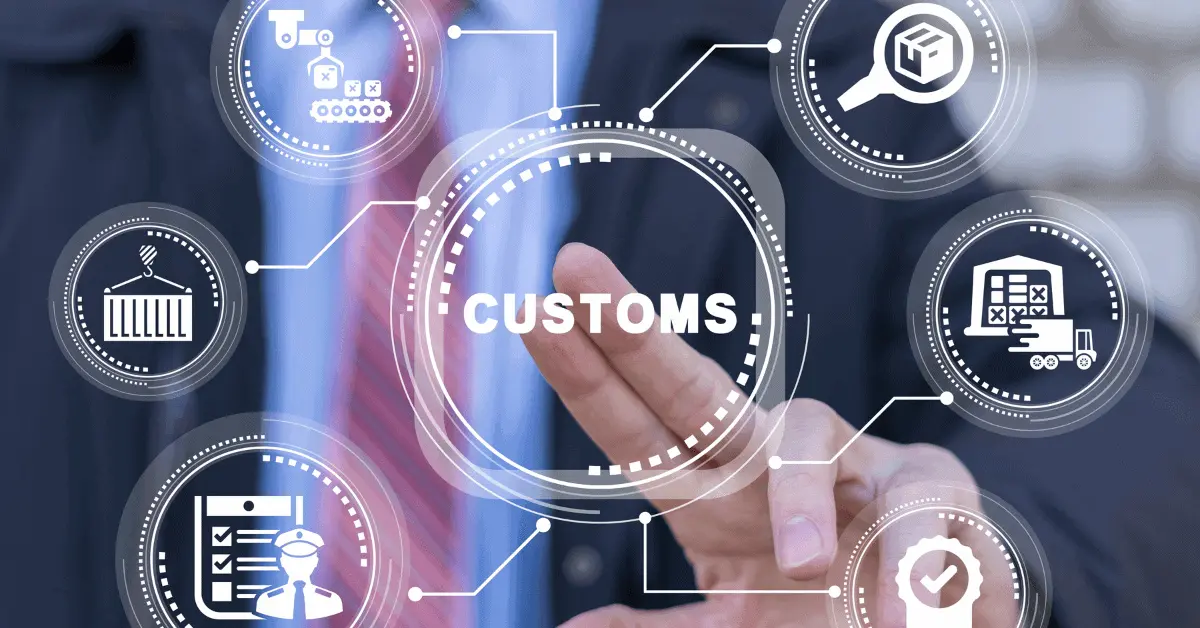Understanding Digital Customs Declarations and When to Seek Expert Guidance - Trade Duty Refund

There is a global shift toward digital customs declarations defined by speed, automation, and stricter compliance standards. But while digitalization brings immense benefits, it also introduces complexity, especially for businesses lacking in-house expertise. For companies navigating this new landscape, working with dedicated customs brokers and consultants is no longer optional—it’s a competitive advantage.
The Digital Evolution of Customs
Customs authorities worldwide are modernizing their systems to process declarations electronically. Initiatives like the EU’s Union Customs Code (UCC), the UK’s CDS (Customs Declaration Service), and the U.S. Automated Commercial Environment (ACE) are driving this transformation. The goals are:
- Improve transparency
- Reduce fraud
- Accelerate processing
- Create more resilient supply chains
In theory, digital declarations make trade smoother and faster. But in practice, they demand accurate data, precise HS code classification, and real-time compliance with evolving rules. The margin for error is shrinking—and penalties for missteps are growing.
What companies risk if not compliant
Mistakes in digital customs declarations can lead to:
- Delayed shipments and missed delivery windows
- Incorrect duties and taxes (either overpaid or underpaid)
- Customs audits, fines, and even reputational damage
For example, misclassifying goods with the wrong Harmonized System (HS) code could result in a 20% duty difference—or worse, legal non-compliance if the product is subject to restrictions or quotas.
The digital shift also means that customs systems are more integrated and traceable. Once an error is logged, it’s easier for authorities to spot patterns across multiple shipments or regions.
Digital Declarations are Great, but Experts Make Them Run Smoother
In this new digital landscape, working with experienced customs brokers and consultants like Trade Duty Refund can help businesses stay compliant and competitive. Here are some examples of how brokers and consultants can support:
Classification and Valuation
Customs consultants specialize in correctly assigning HS codes, calculating duties, and understanding the nuances of origin rules. They help avoid overpayment and compliance risks from incorrect filings.
Real-Time Regulatory Intelligence
Brokers are constantly updated on regulatory changes across different jurisdictions. Whether it’s a new trade agreement, post-Brexit rules, or tariff news, they help keep your business on the right side of the law.
Consulting on Technology and Process Efficiency
Brokers can consult on which technology platforms and AI-driven technology can help your business with cross-border logistics and which systems can integrate with other business platforms. This enables smoother digital declaration submissions, document management, and status tracking.
What’s Next
As customs agencies adopt more advanced technologies like AI, blockchain, and e-invoicing, the entire import/export lifecycle will become more data-driven and regulated. Businesses that treat customs as a strategic function will be better positioned to grow globally.
Trade Duty Refund provides expert customs solutions and consultancy to help companies with cross-border trade and logistics. Schedule a free discovery call to learn more!
